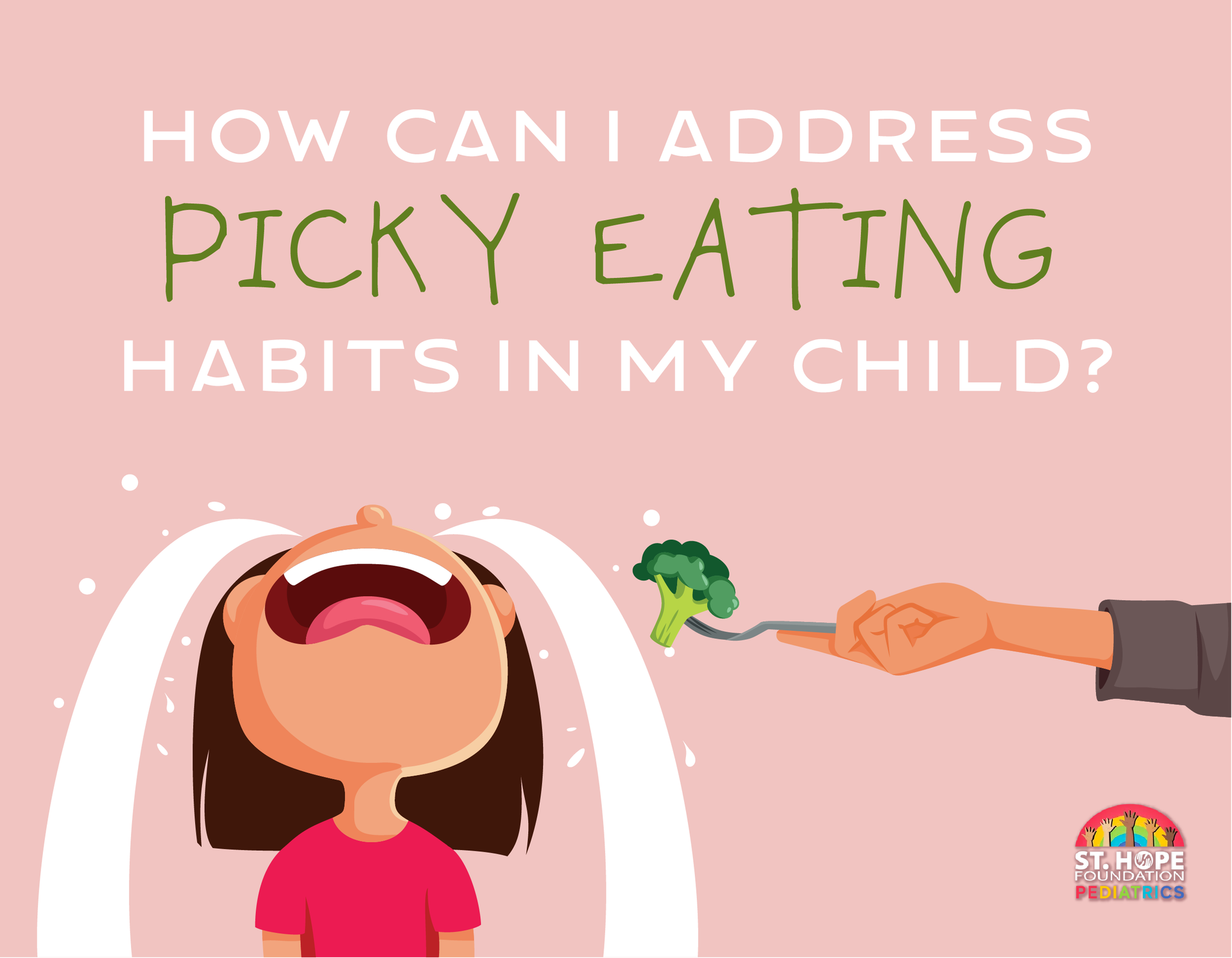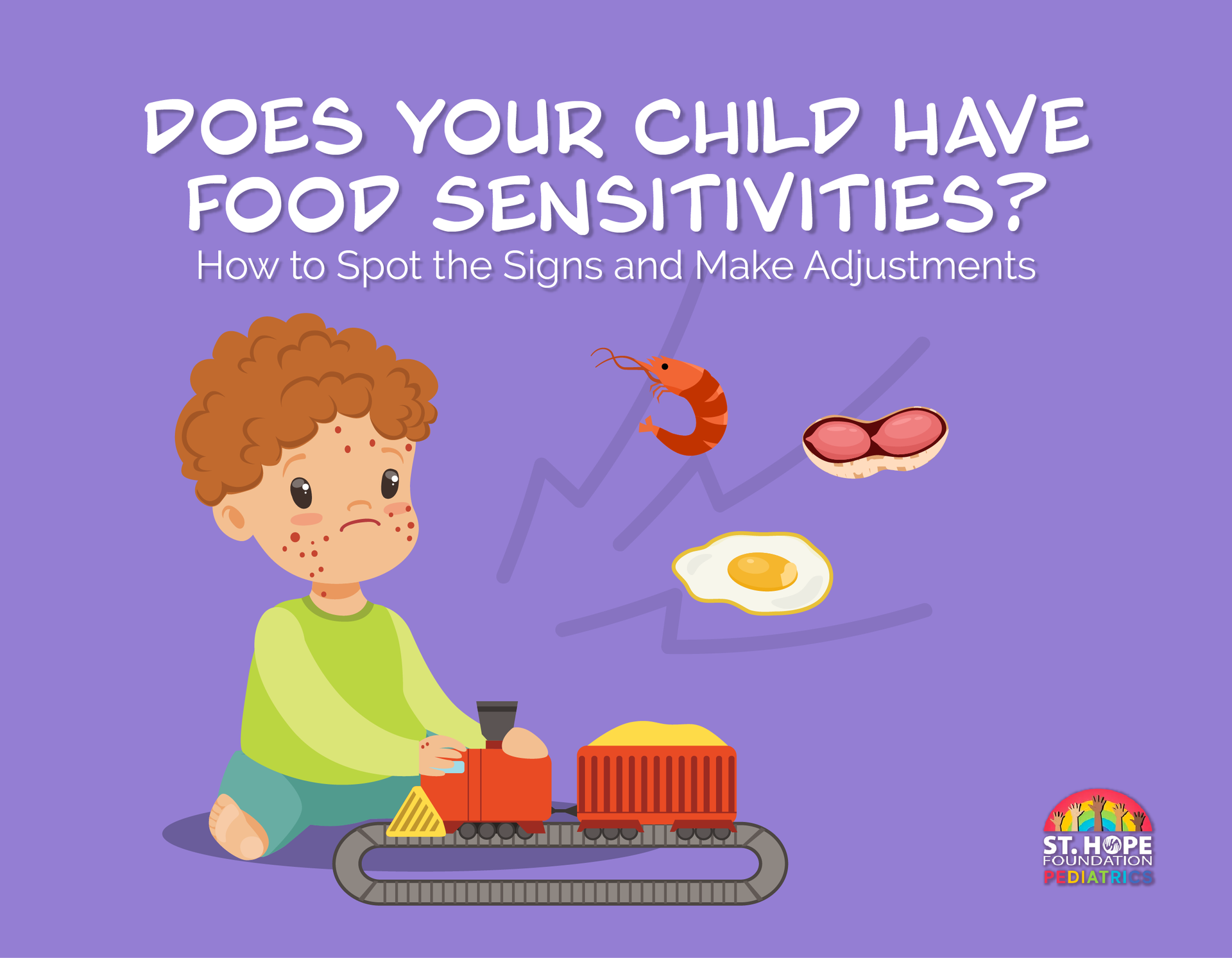
To say kids are picky eaters is to say the sky is blue and Texas is hot – this isn’t something parents need to be told. Even so, it’s a pressing issue that parents face every day, if not multiple times a day. More than just being frustrating, picky eating can prevent your children from getting critical nutrients for their cognitive and physical growth, potentially jeopardizing their natural development.
Is Picky Eating Normal?
Yes. Picky eating is a typical part of child development, especially between the ages of two and six. Many children in this age group experience "neophobia," or a fear of new foods. This fear is compounded by the fact that children have more taste buds than adults, leading to sensory issues that elevate their sensitivity to certain flavors and textures, which can make getting them to eat a balanced diet more challenging.
Children’s appetites can also fluctuate with growth spurts. If they’re not as hungry, it’s going to be difficult to get them to eat what they don’t want to eat.
Not all factors behind picky eating are physical. Children also seek a combination of independence and routine – they want the freedom to assert their food choices, but they can also favor routine and familiarity and often prefer to eat the same foods they’re comfortable with over unfamiliar ones. Balancing these desires with a healthy diet can be crucial to overcoming picky eating.
Common Mistakes to Avoid While Handling Picky Eating
- Pressuring Your Child to Eat: Forcing your child to eat certain foods and punishing them when they don’t can create negative feelings towards mealtime, leading to stress and anxiety that will decrease their interest in new foods.
- Bribes: Bribing your child to eat with the reward of dessert can have the adverse effect of making the prize so exciting that their meal seems less desirable, becoming an unpleasant chore to get through. This can make getting them to eat even more difficult – especially when their bribe isn’t available.
- Short-Order Cooking: Short-order cooking is when parents prepare a separate meal different from what everyone else is having. While this can make it easier to get them to eat, it can also reinforce their picky eating habits.
- Giving Up Too Soon: Don’t give up after one or two rejections. It can take many exposures for a child to get used to a new taste or texture. Developing healthy eating habits is a gradual process that will take time and patience, but rest assured, it will happen eventually.
- Allowing Too Many Snacks: Snacks, especially unhealthy ones, can curb your child’s appetite for meals. Having an appetite can make them more open to trying new foods. Limiting snacks and giving them healthy options like carrot sticks or yogurt when they need them can ensure they come to meals ready to eat.
Strategies to Address Picky Eating
Be a Role Model
Your child looks up to you in many ways. If you’re constantly snacking or eating separate meals from everyone else at the table, they’ll want to do the same. Demonstrating healthy eating and a healthy attitude towards eating different foods can make them more amenable to trying new foods or eating what everyone else at the table is eating.
Involve Your Child in Meal Prep
Letting your child be a part of grocery shopping, choosing recipes and cooking can help them feel more in control of what they eat and can even make them more interested in trying the foods they helped prepare.
Add One Favorite to Meals
Instead of short-order cooking, try incorporating one food you know they like into everyone’s meal. Giving them one familiar food amidst unfamiliar ones can ease the stress of trying new foods while ensuring they eat the same meal as everyone else.
Positive Reinforcement
While food bribes aren’t an effective tool to curb fussy eating, letting them have small victories when they try new foods or eat a balanced meal can boost their confidence and comfort at mealtime. If you need a reward, offering extra playtime or a special activity divorced from eating can give them motivation without coloring their feelings toward food.
Make Food Fun and Safe
Balancing excitement and security can be crucial. Presenting food in fun shapes or arrangements can make new foods more visually appealing and increase their willingness to try them. That said, children also rely on routine to stabilize them. Establishing consistent mealtimes can give children the structure they need to make unfamiliar foods less intimidating.
Work With Experienced Pediatricians in Houston Who Will Ensure Your Child Is Getting the Nutrients They Need
At St. Hope Pediatrics, our doctors have been advising Houston families on how to give their children healthy, balanced meals and have experience providing advice for parents with picky eaters. We are happy to work together with parents to tackle fussy eating habits. Call us today at (713) 778-1300 to schedule a wellness appointment today.













